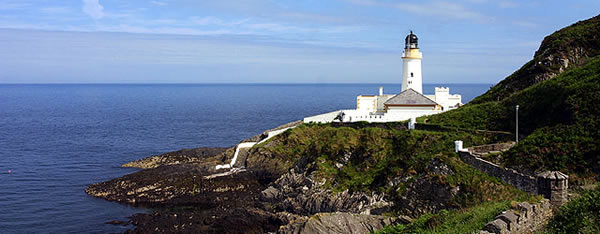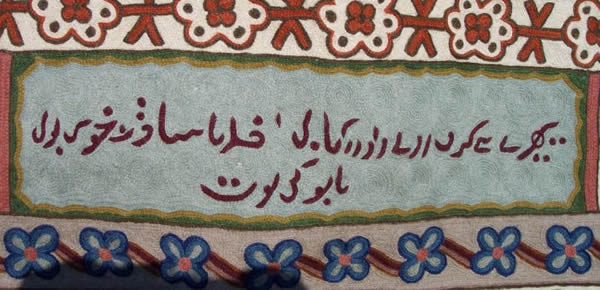This week I’ve been transcribing the conversations and interviews I recorded while in the Isle of Man. So far I’ve done about an hour’s worth of transcription, which comes out as just over ten thousand words. I have another four hours or so of recordings, and hope to finish transcribing them this week. Then I’ll start writing up my findings. I probably have too much information, but that’s better than too little.
One thing that’s struck me is how disjointed conversations can appear when you write them down. The are loads of repetitions, utterances are often loosely connected with conjunctions like and, so, but or because, they go off on tangents, and often tail off without … Many utterances only make sense in context, and lots of bits can be omitted if the people involved share some common knowledge. There’s also no shortage of interruptions and interjections, and people often finish off one another’s sentences, especially if they know each other well. When you’re speaking you don’t necessarily notice this as much, unless you’re particularly looking out for it.
While it is possible to talk in coherent, well-formed sentences without notes or a script, that doesn’t seem to be how most people talk.

